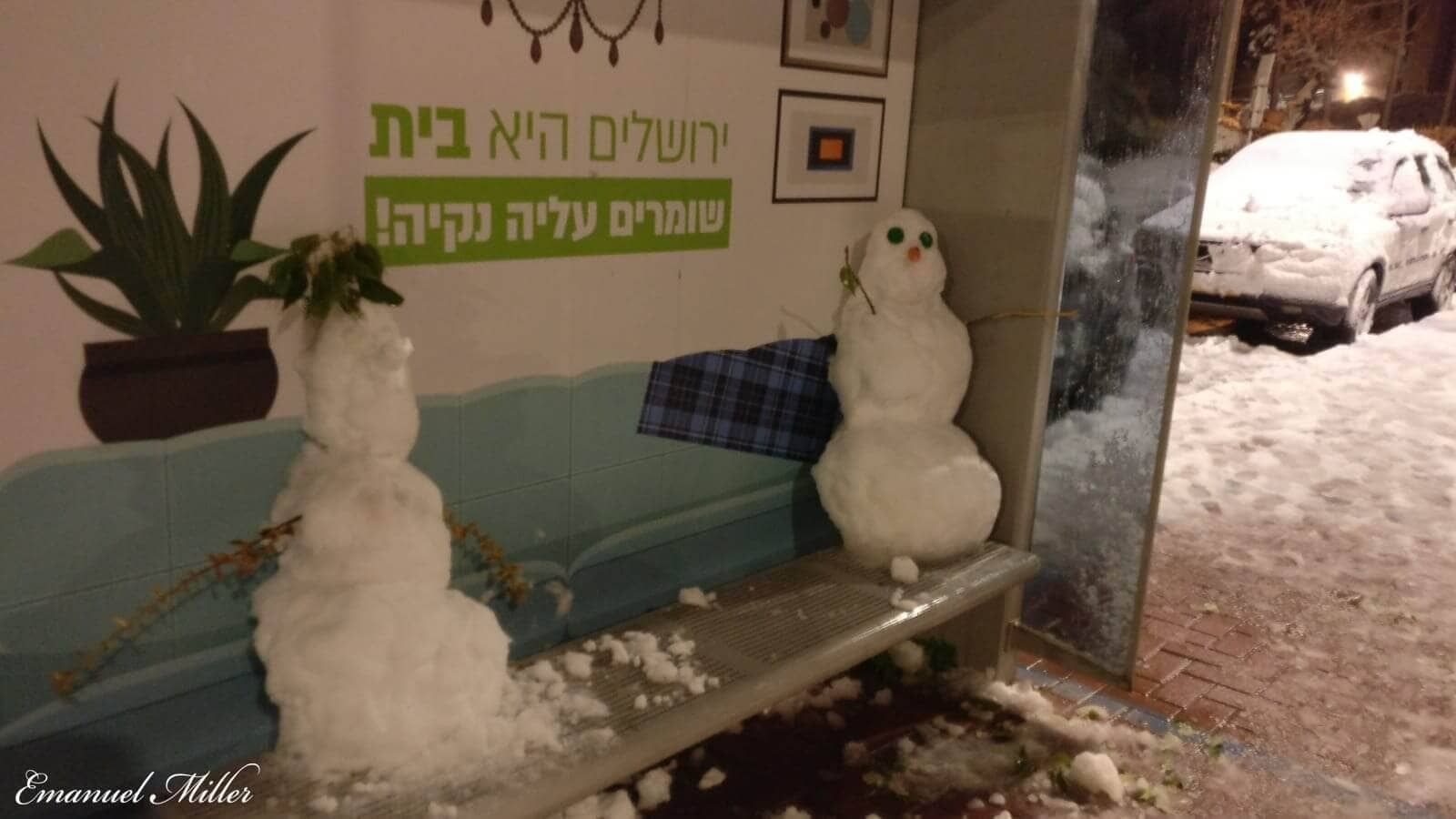Prime Minister Benjamin Netanyahu on Tuesday spoke by phone with US President Joe Biden for the first time since the latter took office four weeks ago. While Netanyahu was the first regional leader to receive a call from Biden, he was the 12th head of state overall.
Prime Minister Benjamin Netanyahu spoke this evening with US President @JoeBiden. The conversation was very warm and friendly and continued for approximately one hour. pic.twitter.com/AF3x6aTM36
— PM of Israel (@IsraeliPM) February 17, 2021
The two leaders discussed further strengthening US-Israeli ties, in addition to building on the normalization agreements brokered by the Trump administration between Israel and four Arab countries. Netanyahu and Biden also spoke about Iran’s nuclear program and related regional challenges.
“It was a good conversation,” Biden told reporters in the Oval Office shortly after the call ended, without elaborating.
Biden has said he intends to re-enter the 2015 Joint Comprehensive Plan of Action with Iran, setting him and Netanyahu on a potential collision course. Israel’s premier strongly opposed the deal when it was forged, and hailed former president Donald Trump’s decision to quit it in 2018.
Also during the call, the two leaders discussed the ongoing coronavirus pandemic. The US President lauded the Israeli premier over Jerusalem’s world-leading vaccine effort.
A Russian-brokered prisoner exchange deal between Israel and Syria is being held up by the refusal of two Syrian security prisoners in the Jewish state to be deported to Damascus, local media reported.
Jerusalem is seeking the release of an Israeli woman who recently crossed the border and was arrested. The woman, who hasn’t been identified, is reportedly a 25-year-old who left the ultra-Orthodox community. It is unclear why she entered Syria.
In return for her release, Israel is expected to free incarcerated Golan Heights residents Nihal Al-Maqt and Dhiyab Qahmuz. However, the two are refusing to be sent to Syria as part of the deal.
Prime Minister Benjamin Netanyahu, who has declined to comment on the specifics of the negotiations, said: “We are working to save lives. I can just say I’m using my personal connections with Russian President Vladimir Putin to secure her release.”
Russia, which is closely allied with the Syrian regime, has regularly served as an intermediary between Jerusalem and Damascus, which do not maintain formal ties and technically remain in a state of war.
Israel allowed 1,000 of Russia’s Sputnik V vaccines to be transferred to the Gaza Strip through the Erez border crossing on Wednesday.
Russia donated 10,000 doses to the Palestinian Authority last week, and the PA requested that the IDF allow 1,000 of them to be sent to Hamas-ruled Gaza to inoculate health workers.
The transfer had been held up by debates in Israel, including a meeting of the Knesset Foreign Affairs and Defense Committee. Some maintained that Israel should demand that Hamas free civilians Abera Mengistu and Hisham al-Sayed, and return the remains of two Israeli soldiers, Oron Shaul and Hadar Goldin, who were killed in Gaza during the 2014 war.
Goldin’s family petitioned the High Court of Justice on Wednesday to stop the transfer of vaccines to the Palestinian coastal enclave until the soldiers’ bodies and the captives are released.
Netanyahu defended the decision, saying, “we’re in one epidemiological range. We have a clear interest that we don’t want illnesses and sick people to pass through our borders from the Palestinian Authority and Gaza.”
The first-ever Emirati ambassador to Israel opened his official Twitter account. In his first tweet, Mohamed Mahmoud Al Khaja extended a warm welcome to his followers:
Delighted to launch my official account as the #UAE’s first Ambassador to #Israel. I look forward to strengthening ties between Emiratis and Israelis by fostering peace, understanding and prosperity among our people and across the region. Marhaba, B’ruchim Haba’im, Welcome!
— Mohamed Al Khaja (@AmbAlKhaja) February 17, 2021
Al Khaja was sworn in as ambassador on Sunday in a ceremony in Abu Dhabi, marking yet another milestone in the normalization between the United Arab Emirates and Israel. Just three weeks ago, the UAE cabinet approved the establishment of an embassy in Tel Aviv.
Jerusalem was blanketed in snow overnight Wednesday-Thursday, as a storm reached Israel’s capital and the temperature dipped to below freezing. Some areas of the city saw accumulations of up to 15 centimeters (six inches) of snow.

(Photo: Emanuel Miller)
In a statement, the Jerusalem municipality said it would “continue to work around the clock” to clear snow from the main streets, focusing on the roads that lead to hospitals and the city’s largest educational institutions.

Public transportation, as well as schools, have reportedly remained open, subject to coronavirus restrictions. However, schools in the Golan Heights and several Jewish communities in the West Bank were shuttered due to the extreme weather. In northern Israel, some areas received as much as 40 centimeters (1.3 feet) of snow.
(Photo: Emanuel Miller)
Israel’s Highway 1, the main thoroughfare connecting Tel Aviv and Jerusalem, was also closed overnight. However, authorities reopened the normally busy highway on Thursday morning.

(Photo: Emanuel Miller)
With the temperature predicted to rise on Thursday, the snow in Jerusalem is expected to melt over the course of the day. Weather forecasts warn, however, of continued cold and strong winds.
- BBC Admits It Was Wrong to Suggest Israel Had Responsibility to Vaccinate Palestinians (Jewish Chronicle)
- How Jewish Students Can Explain Antisemitism to Non-Jews (Joel Bond, Jewish News Syndicate)
- Israeli Environmentalist Nominated for Nobel Peace Prize by More Than a Dozen Countries (Marie-Rose Sheinerman, Forward)
- Jerusalem’s Iconic Locations Light up for Driving Tour (Jessica Steinberg, Times of Israel)

